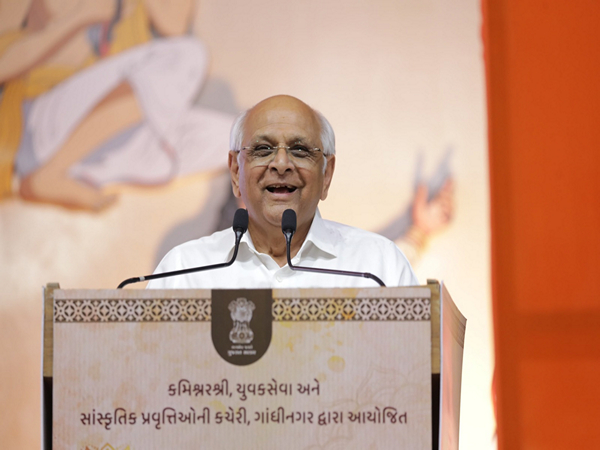Union Budget signals Government's commitment for enhancing women's role in economic development
Jul 23, 2024

New Delhi [India], July 23 : The Union Budget 2024-25 presented in Parliament today by Nirmala Sitharaman, Union Minister for Finance and Corporate Affairs, strongly signalled the government's commitment to enhancing women's role in economic development.
The Union Finance Minister announced an allocation of more than Rs 3 lakh crore for schemes benefiting women and girls. This is envisaged as a measure to promote women-led development, she said.
She recalled the focus on 'Mahilayen' (Women) in the Interim Budget, which was part of the four major castes, namely 'Garib' (Poor), 'Mahilayen' (Women), 'Yuva' (Youth) and 'Annadata' (Farmer), again in the Union Budget 2024-25 and stated, "We are determined to ensure that all Indians, regardless of religion, caste, gender and age, make substantial progress in realising their life goals and aspirations".
The Union Minister said that the government will facilitate higher participation of women in the workforce through setting up of working women hostels in collaboration with industry, and establishing creches.
In addition, the partnership will seek to organise women-specific skilling programmes, and promotion of market access for women SHG enterprises, Sitharaman announced.
The budget reveals a comprehensive picture of government revenues and expenditures, highlighting major allocations to key sectors and schemes. The revenue to the government is generated from multiple sectors.
Income tax contributes 19 per cent, borrowings and liabilities stand as the largest source at 27 per cent, and GST along with other taxes accounts for 18 per cent. Corporation taxes contribute 17 per cent, followed by non-tax receipts at 9 per cent, customs at 4 per cent, excise duty at 5 per cent, and non-debt capital receipts at 1 per cent.
On the expenditure side, the budget outlines significant allocations to various public sectors. Interest payments consume 19 per cent of the total expenditure, central sector schemes account for 16 per cent, and states' tax devolution takes up 21 per cent.
Subsidies represent 6 per cent of the spending, while defence expenditures stand at 8 per cent. The Finance Commission and other transfers take up 9 per cent, centrally sponsored schemes another 8 per cent, pensions 4 per cent, and other expenses 9 per cent.


















